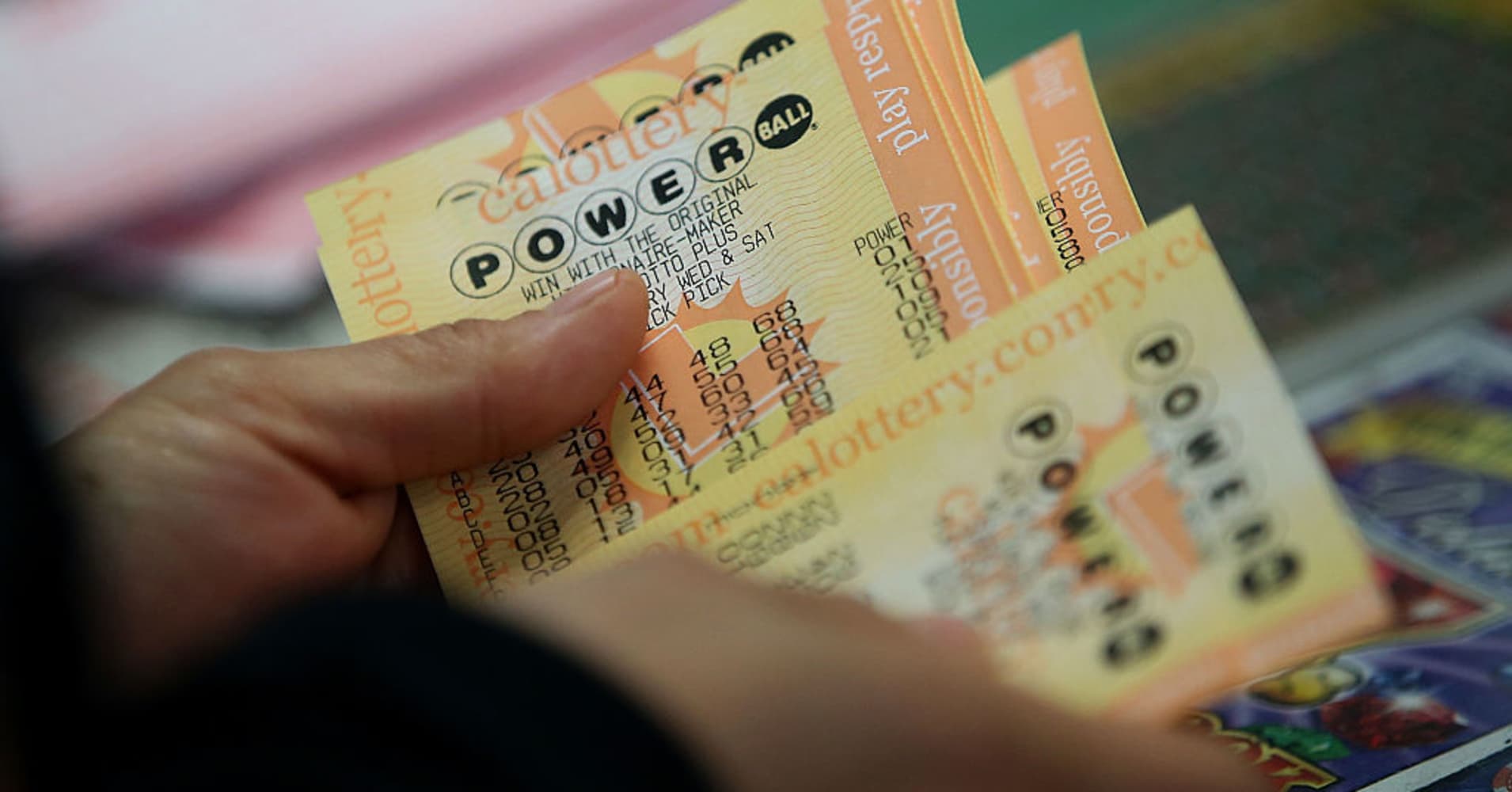
Lottery officials are required to withhold 24 percent for federal taxes. However, the top marginal tax rate of 37 percent means the winner will owe much more at tax time. And Wisconsin also will get a piece.
The cash option for this jackpot — which most winners go with — is $477 million. The 24 percent withholding will reduce that amount by $114.5 million.
Assuming the winner had no reduction to their taxable income — i.e., large charitable contributions from their win — another 13 percent, or $62 million, would be due to the IRS. That would be $176.5 million in all going to Uncle Sam.
More from Personal Finance:
Here’s how much income tax you’re paying to your state
A parent’s guide to helping their kid get into college
Michael Avenatti allegedly failed to file tax returns. That’s a bad idea
On top of federal taxes are state taxes. In Wisconsin, lottery officials will withhold 7.65 percent, or $36.5 million, for state coffers.
Given the sheer size of the jackpot, experts say it’s crucial to assemble a team of experienced professionals to help navigate the windfall: an attorney, a tax advisor and a financial advisor.
“There’s a big responsibility that goes with have such a large sum of money,” said certified financial planner Dan Routh, a wealth advisor at Exencial Wealth Advisors in Oklahoma City. “It would be important to surround yourself with a quality team that’s working in your best interest.”
Also, the winner should brace for the world finding out who they are: Wisconsin does not allow winners to remain anonymous.
Be the first to comment